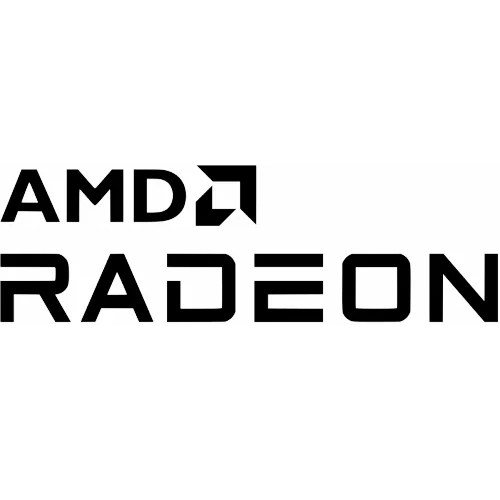Some AMD RDNA3 Fixes Land In Mesa Git Ahead Of December's Radeon RX 7900 Series Launch

As I noted last week and covered previously across dozens of Phoronix articles this year, AMD has been actively working on their RDNA3 enablement now for many months upstream to their AMDGPU/AMDKFD Linux kernel drivers and then in user-space with the RadeonSI Gallium3D driver and related code plus there are also signs of RDNA3/GFX11 ROCm activity too. How the exact version requirements play out, I'll be able to tell in December once having my hands on the new Radeon RX 7000 series graphics cards.
AMD Radeon RX 7900 XT
It would be great if Linux 6.0 and Mesa 22.2 can play well with the RX 7900 series since those versions are already stable, but when continuing to look at the code churn happening, it's looking more and more like it may be Linux 6.1 (or maybe even if Linux 6.2, we'll see...) and Mesa 22.3 where the RDNA3 support is in good shape. Given that distributions like Ubuntu aren't jumping to major new Mesa versions mid-stream or SRU'ing major new kernel versions, for those wanting to use the open-source driver stack you'll likely be using third-party repositories or rolling from source, as with past Radeon GPU launches. Again though at least on Ubuntu LTS releases and the few other enterprise Linux distribution releases, AMD will likely continue their trend of launch-day Radeon Software for Linux packaged drivers.
Coming about this weekend are some late RDNA3/GFX11 fixes now merged to Mesa Git but will presumably be back-ported in short order for the Mesa 22.3 series soon reaching stable. The newly-merged code updates some GFX11 test cases, fixing the compute scratch buffer and wave size for GFX11, allows INT16 with FP16 now that it no longer hangs, and some RDNA cosmetic changes. See this MR as the latest RDNA3-related fixes hitting Mesa Git.
When looking at still-open merge requests around GFX11 as the graphics IP block version for RDNA3, there are just a few open and there focused on RADV/ACO. For the RADV Vulkan driver side is almost definitely where riding Mesa Git will be needed for Radeon RX 7900 series support at launch. The RADV developers have been working on RDNA3/GFX11 support based on changes they see by AMD to RadeonSI and the AMDGPU LLVM compiler back-end, but they lag behind in the official new hardware support.
As a reminder, RADV is primarily developed by engineers at Valve, Google, and Red Hat. RADV isn't AMD's official open-source Vulkan driver (that is left to the less popular AMDVLK) and so when it comes to enabling new GPU support there can often be a short lag time in cases of major new graphics IP generations. It's not even clear if the external RADV developers even managed to get their hands on any new Radeon RX 7900 XT/XTX graphics cards yet but many prior patches have acknowledged at least publicly they were not yet tested on actual hardware. In the past there seems to have been some times where RADV developers did find early hardware access, so we'll see with RDNA3 or not, but in any event it will likely be a case of wanting to be using the very latest Mesa Git code for the best Radeon Vulkan Linux gaming experience at launch.
Stay tuned in any event for an interesting December with all of the open-source AMD Radeon happenings, Intel continuing to mature their Arc Graphics Linux stack, and we'll see what more comes this year on the NVIDIA/Nouveau front with NVK driver and the kernel DRM driver support for the NVIDIA GSP.
2 Comments

